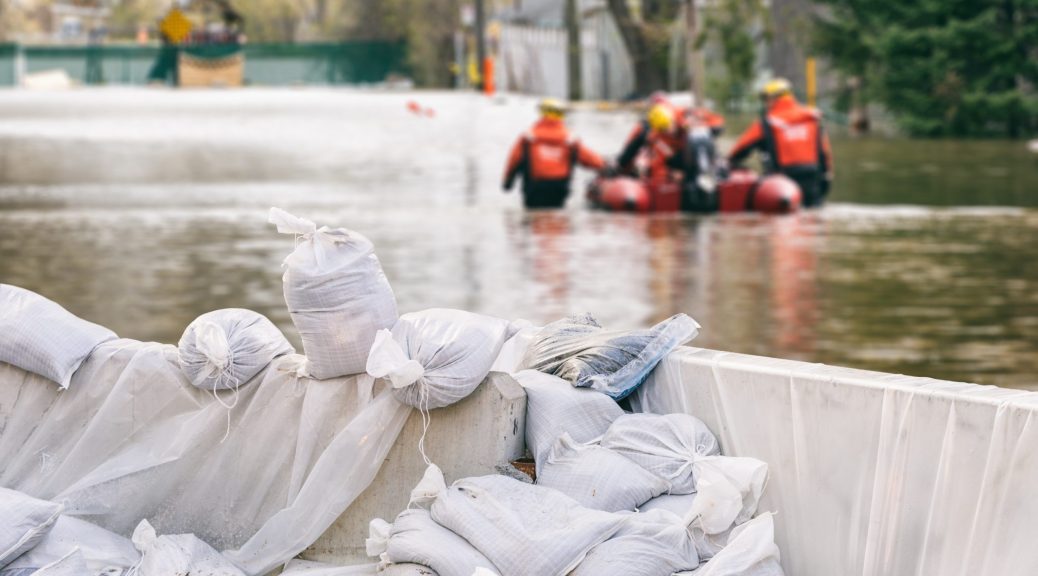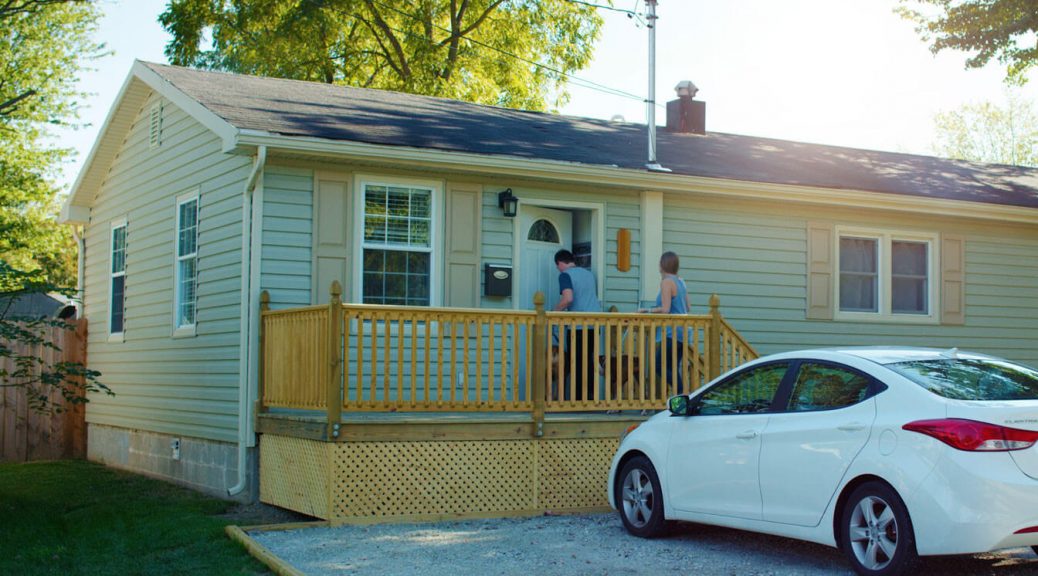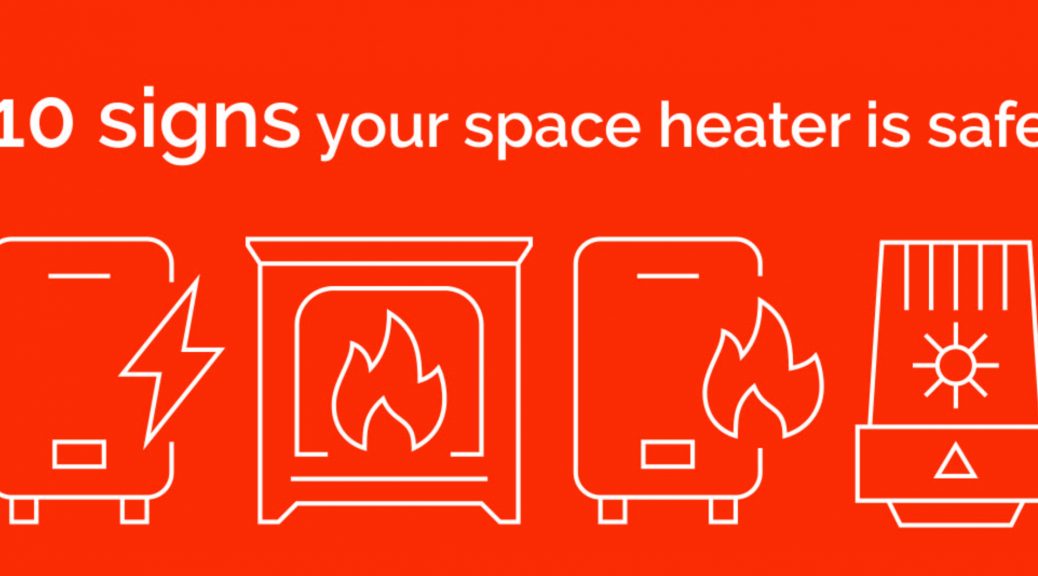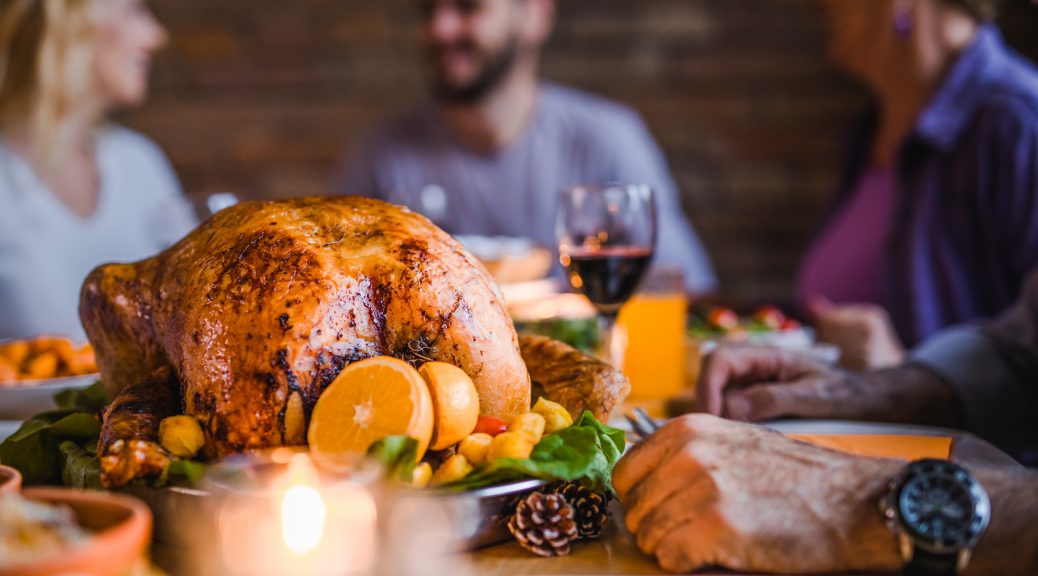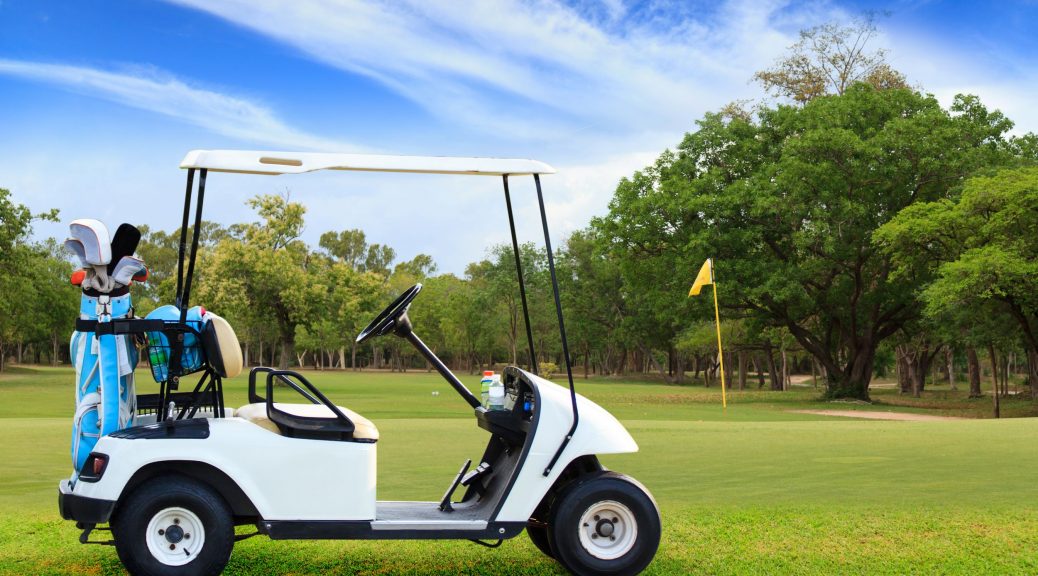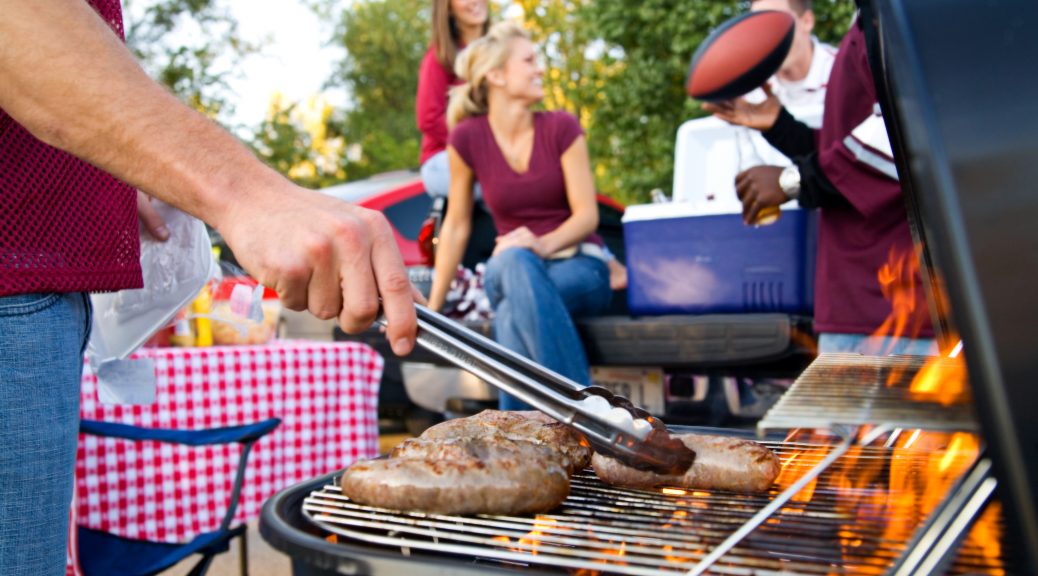“Where the rubber meets the road” is more than just an expression. Enjoyable and safe motorcycling is a partnership between how well your tires grip the road and your skill as a driver. Follow these 7 tire safety tips for a smooth ride:
- Start Off Slow: Ride slowly for a few miles to let the tires warm up before accelerating and cornering normally. This is especially important in the spring and fall when morning temperatures can be much cooler than in the afternoon.
- Road Conditions: An older road with a worn finish or one covered with leaves, water, or dirt gives less traction regardless of the tires’ condition. Use caution when driving on unmaintained roadways.
- Keep an Eye on Inflation: Overinflated tires have less road traction and amplify the effects of poor road conditions. Underinflated tires will make your motorcycle feel unstable.
- Check Tire Pressure: Tire pressure should be checked weekly, if not before every ride. Be sure to follow the manufacturer’s specs. A true pressure reading is especially important in hot and cold weather as temperatures could affect your tire pressure readings!
- Pressures May Vary: Tire pressure isn’t one-size fits all. The recommended tire pressure may be different if you’re carrying a passenger or cargo. Remember to factor in the weight of any added accessories such as a cargo bag or items packed in the saddlebags.
- Examine the Tires: Regularly check your tires’ wear, including wear bars and tread depth. Worn out tires can quickly lose traction. Plus, look for cuts, cracks, and embedded stones or nails which are cause for replacement.
- New Tires Beware: New tires can be slick! Take extra care until your tires are sufficiently broken in, which maximizes your traction.
Get to know your tires. Just like your helmet, they’re essential safety equipment!
For informational purposes only and may not be applicable to all situations.


